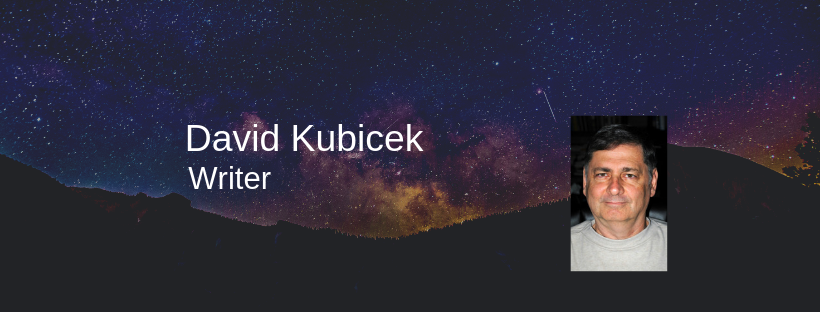by David Kubicek
(Dedicated to my brother John)
Back in the late 1970s or early 1980s, a religious group claimed that subliminal messages in rock music were converting unsuspecting kids to satanism. All you had to do, they said, was play the songs backwards to reveal the satanic commands.
My brother John and I were skeptical, but we thought it would be great fun to play some popular songs backwards just to see if anything turned up. Call it a scientific experiment, if you will.
Back in those technology-challenged days, playing a song backwards was a chore. Our process consisted of recording the songs on a cassette tape, opening up the cassette, flipping the tape over, and reassembling the cassette. The result was that when we played the tape, we would hear the songs backwards.
We checked out three singers/bands. It took us an entire Saturday from early morning to late into the evening because after we’d prepared the songs to be played backwards, we had to listen to them closely to ferret out any potentially satanic messages.
We started with Kenny Rogers, who was really more country than rock, and came up empty. Then we tried Billy Joel, who was a little more of a rocker, but still we got nothing.
John said, “Kenny Rogers and Billy Joel just don’t look like they’d be in league with the Devil.” He pulled out another album, showed me a picture of the band and said, “If anyone is putting satanic messages in their music, it’s these guys.”
 The band was Queen, and we struck paydirt. I’m not saying that this is proof positive that Queen embedded satanic phrases in their music, but some of the words sounded ominous to us.
The band was Queen, and we struck paydirt. I’m not saying that this is proof positive that Queen embedded satanic phrases in their music, but some of the words sounded ominous to us.
We found several satanic-sounding phrases, but since so many years have passed, I’ve forgotten most of them. Two of them, however, were so memorable that they remained with me through the years.
In “Bohemian Rhapsody” we found the chant, repeated several times: “One now one, one now one…” Perhaps that could mean, “we are one with the devil?” In another song we found: “I….want your heart.” A romantic might think of that as a lovesick guy pining for his true love’s heart. But, given our fascination with the macabre, we went another way and interpreted it as a guy expressing his desire to cut out someone’s still-beating heart and offer it as a sacrifice to the Evil One.
On a side note, John introduced me that day to the Queen song ’39, which I love because it is a science fiction song based on Einstein’s Theory of Relativity. That’s something you usually don’t hear in connection with a rock band. ’39 tells the story of a band of volunteers who sail in a (space) ship across the milky seas (the Milky Way Galaxy) looking for a new world because the Earth is “old and gray.” They return after one year has passed for them, but 100 years have passed on Earth. On top of all that, it is a tragic love story. It’s pretty cool; give it a listen.
For information about David Kubicek’s books click here.





 For more about this amazing man, read
For more about this amazing man, read